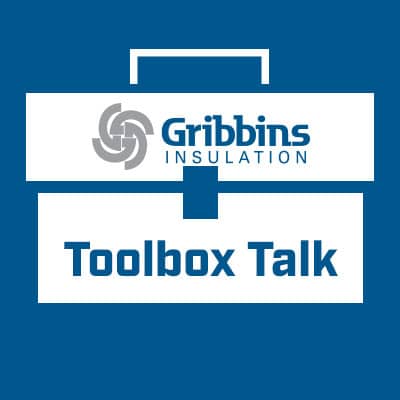Fatigue Awareness
As this year comes to an end and begin the holiday seasons, it’s important to remember to get enough rest. 2020 has been challenging for everyone and it seems like we are all tired and ready to get through the holidays, and onto a new year. However, we must remember to manage our mental and physical fatigue as best as possible to ensure that we complete our work and daily tasks safely, and without an incident.
What is fatigue?
Fatigue is the state of feeling very tired, exhausted, weary, or sleepy. Fatigue results from a lack of sleep and can be heightened from prolonged mental activity or long periods of stress or anxiety. Boring or repetitive tasks can also increase feelings of tiredness. We can also be fatigued from information overload, which has been a constant aspect of our lives in the past year. This is why we all need to look out for each other, and ensure that we do our best to manage our risk and fatigue.
How can we manage our fatigue?
Under regular circumstances, adults need 7–9 hours of sleep per night, along with opportunities for rest while awake, optimal health, and well-being. Long work hours and shift work, combined with stressful or physically demanding work, can lead to poor sleep and extreme fatigue. Fatigue increases the risk for injury and deteriorating health (infections, illnesses, and mental health disorders).
Some things that we can do while we are at work include:
- Using a buddy system. Check in with each other to ensure everyone is coping with work hours and demands.
- Watch yourself and your coworkers for signs of fatigue — like yawning, difficulty keeping your eyes open, and difficulty concentrating. When you see something, say something to your coworkers so you can prevent workplace injuries and errors.
- Report any fatigue-related events or near misses to your foreman or safety to help prevent future incidents, injuries, and errors.
- Do not work if your fatigue threatens the safety of yourself or others. Report to a manager when you feel too tired to work safely.
Priorities we can work on outside of work:
- Make sleep a priority
- Improve the quality and quantity of your sleep; have a regular bed time routine, make sure your bedroom is dark, cool and comfortable, and seek treatment for sleep disorders
- Choose what you eat and drink carefully: eat light nutritious meals (heavy meals make you drowsy); drink plenty of water; minimize your caffeine and alcohol intake
- Learn the warning signs of fatigue and try to recognize them in yourself so that you can take a break or have a powernap
- Finally remember to continue ensuring you and your family are taking all precautions necessary to limit the spread of COVID -19 during the holidays.


